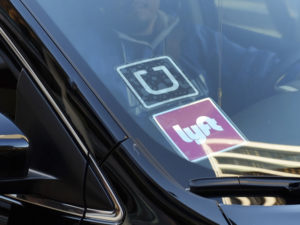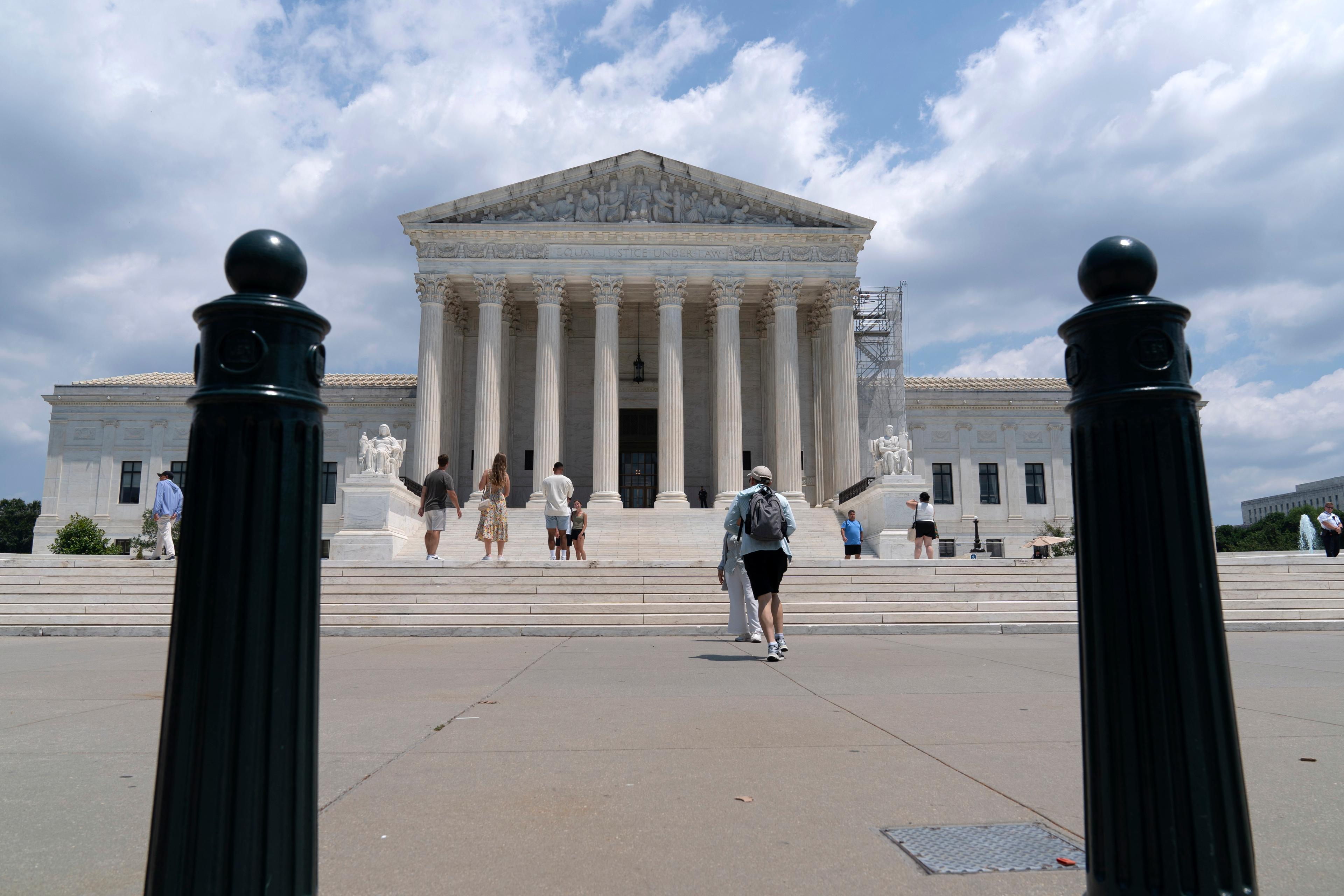
This story was produced as part of the Colorado Capitol News Alliance. It first appeared at coloradosun.com.
By Jesse Paul | The Colorado Sun
Uber said Wednesday that it will pull out of Colorado if a bill aimed at boosting rideshare safety, including by requiring drivers to make audio and video recordings of trips and prohibiting drivers from offering passengers drinks and snacks, becomes law.
House Bill 1291 was brought by state Rep. Jenny Willford, D-Northglenn, who said she was sexually assaulted last year during a ride hailed through the rideshare service Lyft. Willford and the other lead sponsors of the measure say it’s necessary to protect riders. The legislation has won broad bipartisan support at the Capitol.
“This bill isn’t just about what happened to me — it’s about the thousands of survivors who have endured so much pain and suffering because ride-share companies aren’t doing enough to keep riders and drivers safe,” Willford said in a written statement recently.
But Uber says it couldn’t comply with the measure if it becomes law and that it would pose too big a legal risk to justify operations in Colorado.
The company is especially concerned because the bill would allow for lawsuits against rideshare companies and drivers for violations of the clauses around recording rides and drivers offering passengers food and drink. Uber also opposes a requirement in the legislation that rideshare companies reimburse drivers for the purchase of audio-visual recording equipment when they are approved to operate through a platform like Uber, whether they actually offer rides or not.
Some rideshare drivers already voluntarily make audio and visual recordings of trips, but they must purchase equipment to do so. Uber also has a feature that lets riders make audio recordings of their trips through the Uber app.
“We support real, evidence-based safety policy: not legislation that checks a box but fails to deliver,” a spokeswoman for Uber said in a written statement. “As written, this bill not only misses the mark — it risks doing more harm than good.”
Uber’s threat to exit Colorado represents an extraordinary response to a bill by a private company. While organizations frequently warn lawmakers about how legislation will affect their operations or bottom line, they rarely threaten to leave Colorado — at least publicly — as a result of a policy change.
And when they do make the threat, they rarely follow through.
The last notable example of a company making good on its vow to leave the state was about a decade ago, when Magpul Industries left Colorado following the passage of a measure limiting the number of bullets that a gun magazine can contain.
State Sen. Faith Winter, a Broomfield Democrat and lead sponsor of House Bill 1291, said Wednesday that she has had companies threaten to leave Colorado before in response to legislation she’s brought. However, it’s rare.
Winter said she’s frustrated and disappointed with Uber’s response.
“We’ve made numerous changes along the way and I just had a meeting with Uber and Lyft yesterday on amendments. This feels premature,” she said. “The companies have continually talked about their dedication to safety. The amount of assaults that happen are unacceptable and for them to take this stance of not wanting to increase safety is disappointing.”
Willford called Uber’s announcement “cynical and disheartening”
“We have worked with Uber in good faith for months and accepted many of their amendment requests — including a full rewrite of the bill,” she said. “For years, Uber has checked the box on safety, but time after time failed to deliver for victims.”
Lyft said it opposes the bill, but it isn’t threatening to leave Colorado if it becomes law. At least not yet.
“We believe there is a compromise that can be reached that would be beneficial for both riders and drivers, but there are still several aspects of the bill that would make implementation extremely problematic,” CJ Macklin, a spokesman for Lyft, said in a written statement. “At the very least, it would have a drastic, negative impact on those who use the platform in a way that does not help achieve the goal of the legislation. We encourage Senate officials to collaborate with us on a bill that addresses these realities and avoids the unintended consequences the current version creates.”
Uber said it will send letters Wednesday to legislative leadership outlining its concerns with the bill and making official its threat to leave Colorado should the measure be signed into law. Gov. Jared Polis’ office will get a similar missive.
“We want to work with legislative leadership to find a path forward,” Camiel Irving, Uber’s vice president of operations, wrote in the letter to legislative leadership. “However, the current trajectory puts the long-term viability of Uber in Colorado at risk.”
Polis appears sympathetic to Uber’s concerns.
“Gov. Polis is committed to making Colorado safer for everyone, and making sure ride-sharing companies like Uber are keeping riders safe,” a spokeswoman said in a written statement. “That said, they must be able to continue to operate here, which helps keep drunk drivers off the road and helps people get where they need to go safely and efficiently.”
The governors’s office said Polis “has concerns about the ability of this legislation to be successfully implemented as it is written now, and encourages all parties to find a solution that works for everyone.”
Uber says it plans to alert all of its drivers and customers in Colorado of its opposition to House Bill 1291. That’s hundreds of thousands of people.
Uber, which is based in California, says there were nearly 30,000 drivers operating on the platform in Colorado in 2024.
The company said while it has temporarily pulled out of some U.S. cities because of local regulations, Colorado would be the first state it would exit should House Bill 1291 be signed into law.
The 21-page bill, which wouldn’t apply to taxi services, also contains provisions that require rideshare companies to complete background checks on drivers every six months and prevent drivers with histories of convictions for assault, harassment, kidnapping, menacing or domestic violence from operating on a rideshare platform.
The measure would also require that rideshare companies prevent drivers from sharing accounts and provide annual reports to the state on assaults, harassment complaints, crashes and discrimination.
The legislation passed the House by 59-6 vote earlier this month. It cleared the Senate Business, Labor and Technology Committee on Tuesday and awaits a hearing on the Senate floor.
The legislative session ends May 7.
This story was produced by the Capitol News Alliance, a collaboration between KUNC News, Colorado Public Radio, Rocky Mountain PBS and The Colorado Sun, and shared with Rocky Mountain Community Radio and other news organizations across the state. Funding for the Alliance is provided in part by the Corporation for Public Broadcasting.
Invest in a more sustainable future. Support climate solutions reporting.









